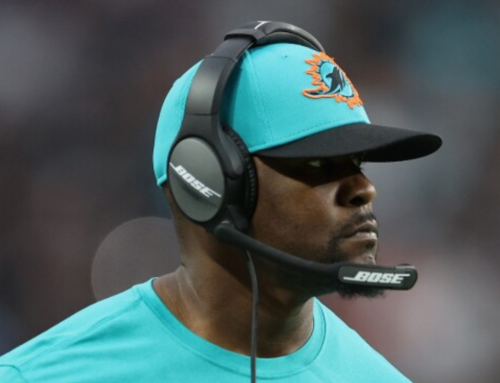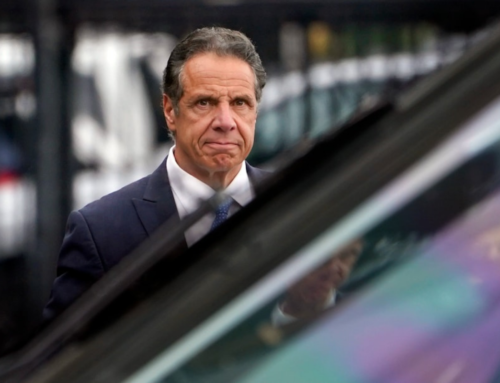There’s rarely an easy time to become chief executive of an airline, in an industry with near-constant turbulence. Try doing it during a pandemic.
United Airlines promoted Scott Kirby to CEO six weeks ago in a long-planned transition.
Mr. Kirby is known more for quick, data-driven decisions than for nuance. But he also angered customers when United changed policies this spring to deny refunds and force vouchers for canceled flights.
The changes were ultimately rolled back under pressure from customers, Congress and the DOT.
Research shows there are advantages to taking over in a crisis, says University of Colorado business school associate professor Stefanie K. Johnson, who studies leadership and is the author of the recent leadership book “Inclusify.”
“People tend to view you as more visionary and charismatic and they are looking to you to create change,” she says. “So that gives you the opportunity to do it and have very strong support, assuming you have a very clear, compelling vision that you are communicating.”
The downside, she says, is that success or failure may be determined by factors beyond the CEO’s capability—an economic collapse that cripples all airlines, for example.
Dr. Johnson, a frequent United flier herself, says Mr. Kirby’s challenge will be in creating and communicating a compelling vision for both employees and customers.
“Kirby could stand to be a bit more visionary than just action-oriented,” she says. “Especially in crisis, people need to understand where they are going because they feel so lost.”











Leave A Comment